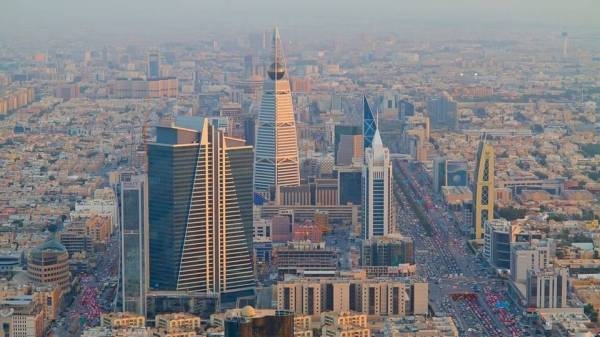
BEIRUT: Lebanon’s banking association ABL announced on Friday that banks would go on strike starting Monday over a build-up of “populist, harmful stances” taken against the sector, the group’s statement read.
Around 49 banks plan to strike, the statement added.
The group is taking action over the recent treatment of the sector, particularly the arrest of Creditbank Chairman Tarek Khalife this week.
Khalife was held along with his family upon their arrival at Beirut’s Rafic Hariri International Airport recently, following a criminal complaint filed against him at the Public Prosecution Office in Mount Lebanon.
Although Khalife is now on bail, ABL stressed that “these abnormal situations, which banks have been trying to deal with flexibly, even at their own expense, have reached an extent that is no longer acceptable.”
Economic experts expect the strike to put pressure on the financial market and the dollar exchange rate in the parallel market.
They said the strike could lead to banks ceasing to pump dollars into the market in accordance with the Banque Du Liban’s circulars, with people turning to the parallel market for dollars.
ABL said that banks “can no longer bear harmful and populist situations at their expense and at the expense of the economy, and they find themselves compelled to issue a general warning that is an invitation to everyone to deal seriously and responsibly with the current situation for the sake of moving towards real recovery.”
The association accused people looking into the lawsuits of being unaware of basic banking and accounting laws, adding that it was surprised by some of the commissioners’ neglect in respecting the law and its provisions, “as if implementing the law has become optional, not mandatory.”
It added: “What is even more surprising is that these authorities take drastic measures that deal with the individual’s freedom and dignity, defame them and jeopardize the relationship of local banks with the correspondent banks, which causes extreme damage, not only for banks but also for the depositors.”
Critics say ABL’s move will have a negative impact on the banking sector and will have repercussions on the vital sectors in a country that suffers from financial crises that are worsening every day.
Public sector employees have not received last month’s salaries because of their open-ended strike, demanding the adjustment of their salaries and benefits.
Finance Minister Youssef Khalil said, however, that salaries would be paid within the “next 10 days at the latest.”
He urged ministries and administrations to speed up the process in order to avoid further delays.
Those opposed to the banks’ policies, which led to the economic collapse of the country, believe that Lebanese banks are trying to evade responsibility for the country’s situation and are instead blaming the state for the financial crisis.
Critics note that several banks’ partners are politicians themselves.
Economic expert Bassem Ajjaka told Arab News that ABL’s step “is a message to the political class in Lebanon, not to the judiciary or the people.”
He said that ABL made direct accusations against those politicians in its statement.
The statement is a warning to the government, as it develops and implements policies based on the constitution, Ajjaka added.












